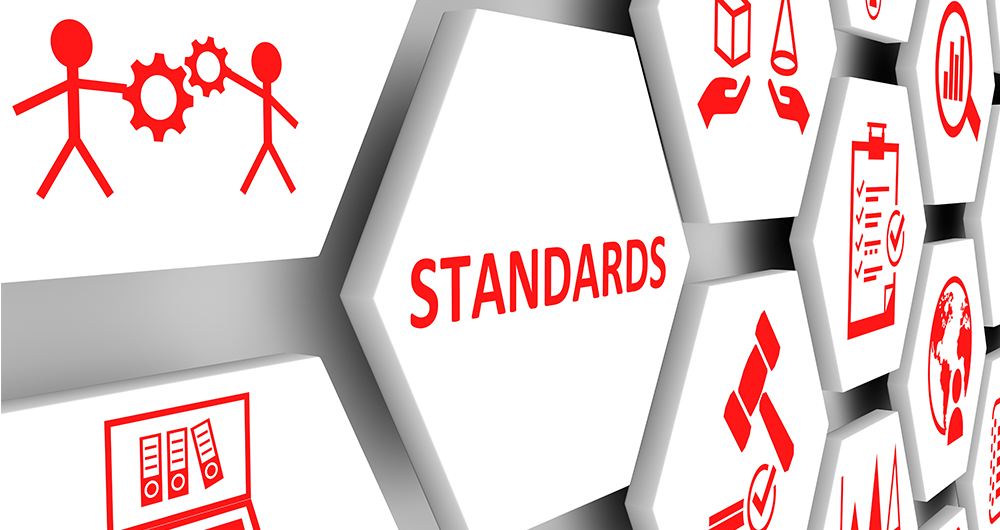10 posts found
DCAT-AP-ES: A step forward in open data interoperability
Context and need for an update
Data is a key resource in the digital transformation of public administrations. Ensuring its access, interoperability and reuse is fundamental to improve transparency, foster innovation and enable the development of efficient public services centered on citizens.
In th…
HealthDCAT-AP: The Standard That Connects Health Data to People
Data is the engine of innovation, and its transformative potential is reflected in all areas, especially in health. From faster diagnoses to personalized treatments to more effective public policies, the intelligent use of health information has the power to change lives in profound and meaningful w…
Building footprints: open data that saves lives in emergencies
In a world increasingly exposed to natural hazards and humanitarian crises, accurate and up-to-date geospatial data can make the difference between effective response and delayed reaction. The building footprints, i.e. the contours of buildings as they appear on the ground, are one of the most valua…
Open geographic data applications of the National Centre for Geographic Information (NICHD)
The National Centre for Geographic Information publishes open geospatial data from the National Cartographic System, the National Geographic Institute and other organisations through web applications and mobile applications to facilitate access to and consultation of geographic data by citizens.
Geo…
What is the value of open geographic data?
Geographic data allow us to learn about the world around us. From locating optimal travel routes to monitoring natural ecosystems, from urban planning and development to emergency management, geographic data has great potential to drive development and efficiency in multiple economic and social area…
A common language to enable interoperability between open dataset catalogs
Open data plays a relevant role in technological development for many reasons. For example, it is a fundamental component in informed decision making, in process evaluation or even in driving technological innovation. Provided they are of the highest quality, up-to-date and ethically sound, data can…
What is a data dictionary and why is it important?
Data has occupied a fundamental place in our society in recent years. New technologies have enabled a data-driven globalization in which everything that happens in the world is interconnected. Using simple techniques, it is possible to extract value from them that was unimaginable just a few years a…
DCAT-AP 2.0.1, ¿cómo ha evolucionado la especificación de referencia europea para la descripción de catálogos de datos abiertos?
DCAT-AP es la especificación europea para la descripción de catálogos de datos abiertos. Su referente es el estándar Data Catalog Vocabulary (DCAT) de W3C, creado para facilitar la interoperabilidad entre catálogos de datos publicados en la web. DCAT permite disponer de un vocabulario de propiedade…
Data vocabularies: why are they important?
Each individual, organization or group uses a number of common words in their daily communication, which would be their personal vocabularies. The greater the number of words we use, the greater our ability to communicate, but it can also be a barrier, increasing the difficulty of understanding othe…
Linked Open Vocabularies (LOV)
One of the main barriers to the deployment of linked data is the difficulty that data editors have to determine which vocabularies to use to describe their semantics. These vocabularies provide the "semantic glue" that allows simple data to become "meaningful data".
Linked Open Vocabularies (LOV)…









